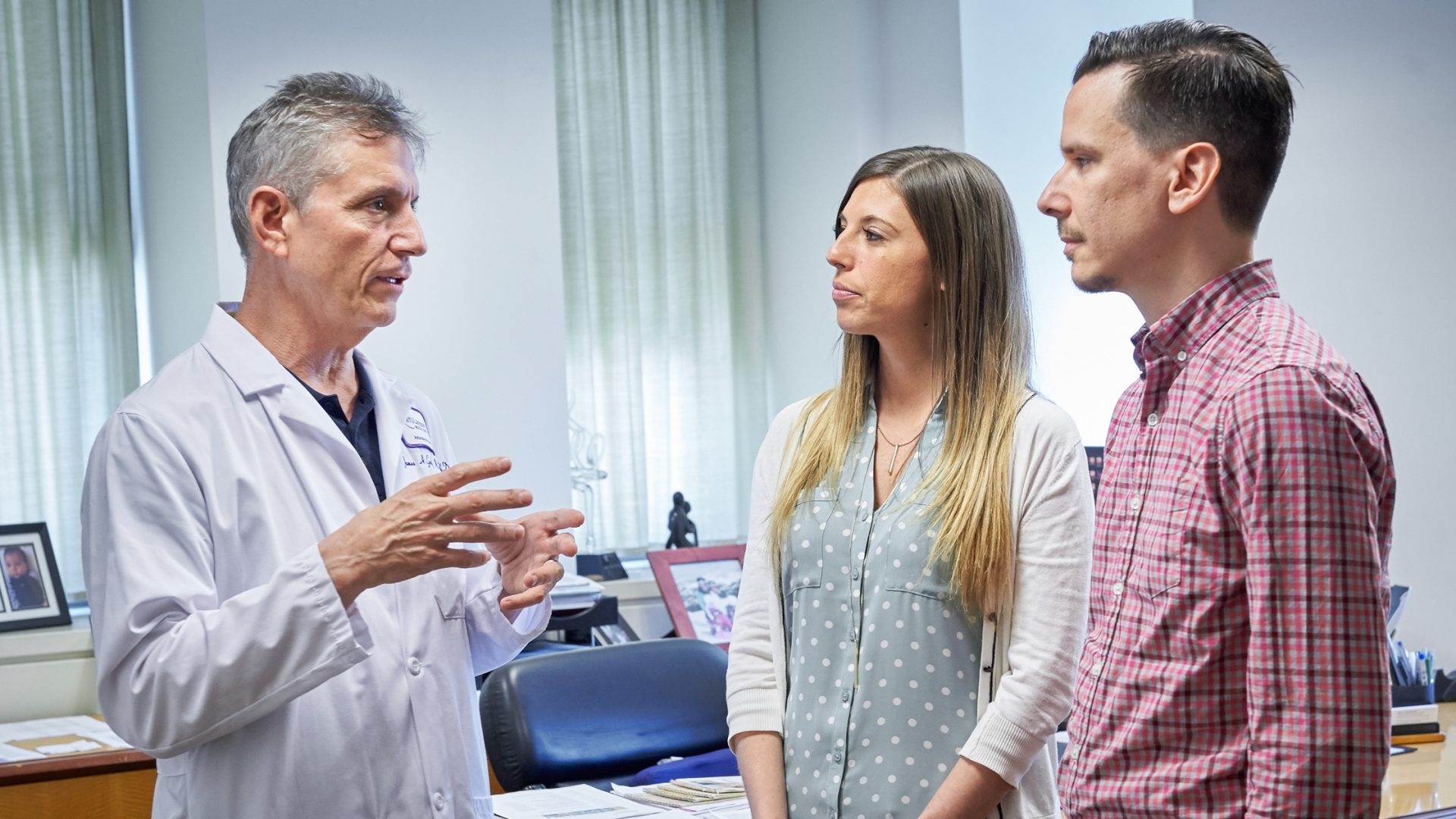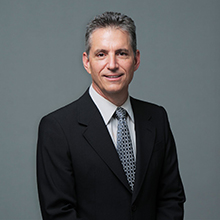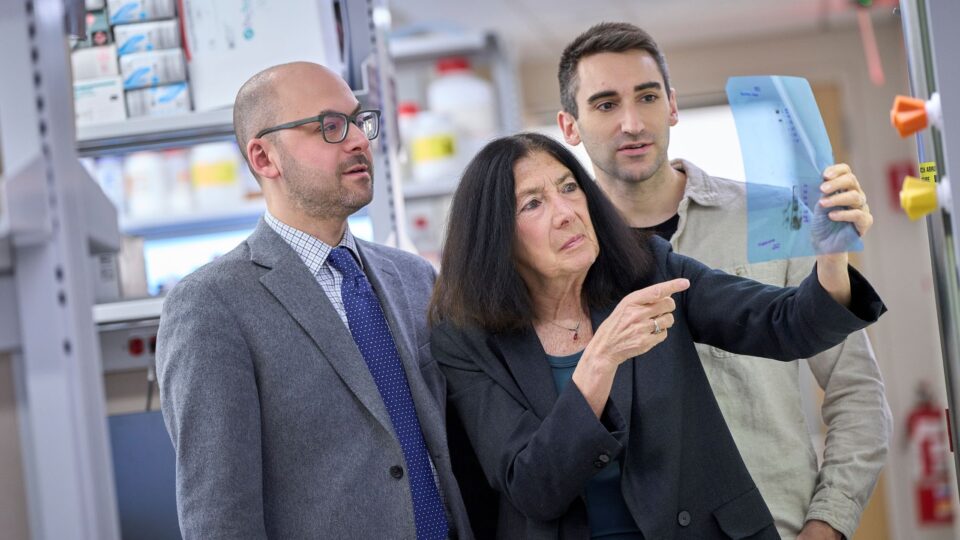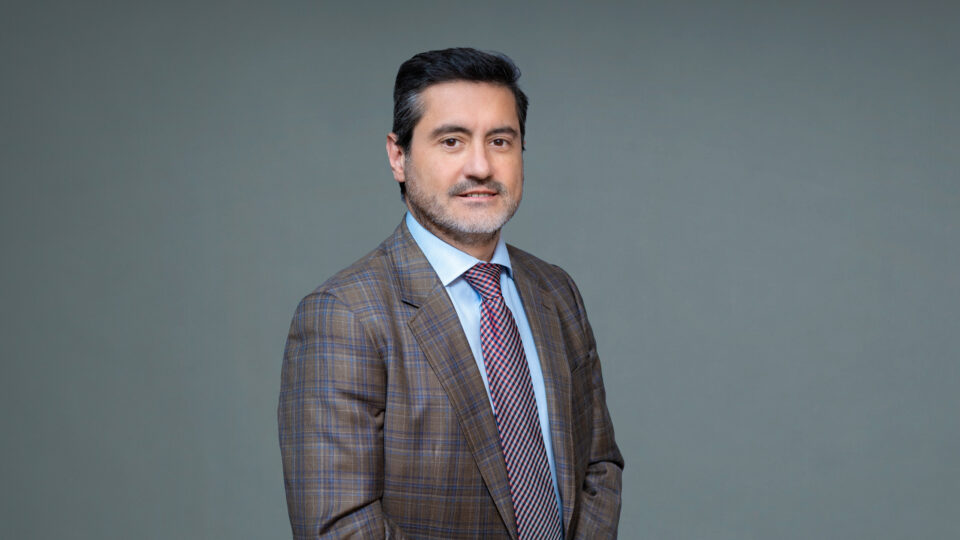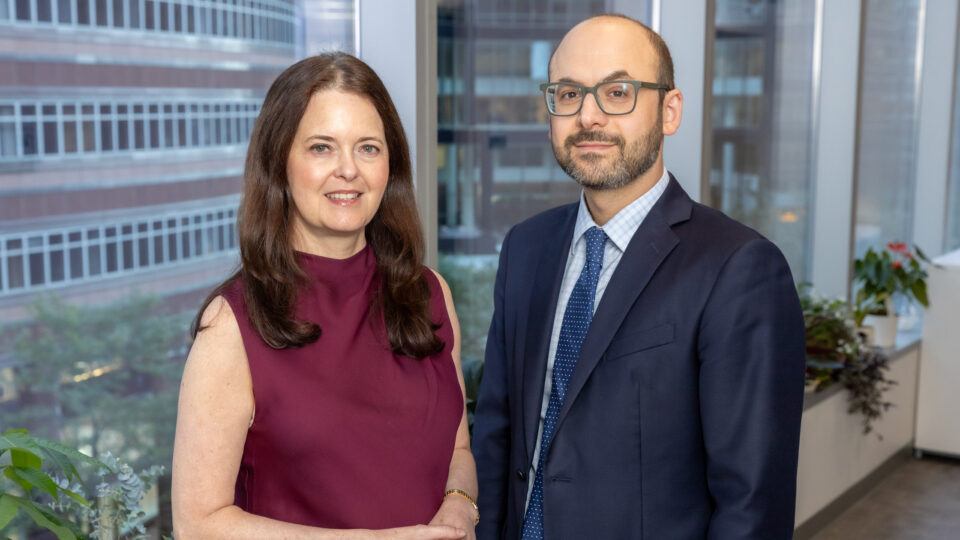James A. Grifo, MD, PhD, director of the NYU Langone Fertility Center, has devoted a large part of his career to advancing planned oocyte cryopreservation, allowing women to postpone childbearing whilst maintaining the potential of having a biological child. Nationally renowned as an expert on reproductive endocrinology, Dr. Grifo is convinced of the promise of this fertility preservation technique.
Here, he discusses how the approach has evolved and how specialists at the center are helping patients decide if the procedure is right for them.
Progress Over Decades
Physician Focus: Cryopreservation techniques have advanced over the past three decades, leading to higher success rates. What are the latest numbers and recommendations?
Dr. Grifo: Despite the growing demand, outcome data are scarce. We estimate that cryopreserving 20 or more mature oocytes under 38 years of age provides a 70 percent chance of live birth. The primary factors for success are age, oocyte quantity, and number of oocyte cryopreservation cycles.
Younger age is linked with the retrieval of more oocytes and a higher chance of live birth. While there is no consensus on the ideal age for oocyte cryopreservation, we usually recommend cryopreserving oocytes before 35 years of age. Beginning the process older often necessitates more oocytes—therefore more oocyte cryopreservation cycles.
“We cannot simply say that 20 or 30 oocytes is enough—even for young women. The optimal number of oocytes changes for each patient based on their personal family-building goals.”
James A. Grifo, MD, PhD
We have seen patients have successful deliveries after freezing eggs at ages up to 43, though success rates decline after the age of 39. In general, the possibility of success for a 41-year-old is low, and while we offer the procedure to those over 41, we don’t encourage it.
In terms of oocyte quantity, we cannot simply say that 20 or 30 oocytes is enough—even for young women. The optimal number of oocytes changes for each patient based on their personal family-building goals.
Patients should also be informed that completing multiple oocyte cryopreservation cycles increases the chances of live birth, even when a reasonable number of oocytes are obtained from the first cryopreservation cycle.
Psychological Considerations
Physician Focus: Weighing the pros and cons can be challenging for patients. What are some key considerations and how do you guide patients through the process?
Dr. Grifo: The decision to pursue oocyte cryopreservation is a difficult one to make, considering the mix of parental desires, financial considerations, time constraints, medical concerns, and even ethical dilemmas. Decision timing is another important factor as a long delay may lead to fewer oocytes, lowering the chances of live birth.
Once a patient decides to pursue egg freezing, they may face anxiety related to the process, time requirements, number of oocytes collected, and long-term outcomes. Additionally, the process may be stressful because it can create doubts about one’s future partner or path in life.
We acknowledge this stress, emphasizing that it’s experienced by most patients undergoing fertility preservation. At the center, we offer counselling to patients undergoing the procedure, as it can help them to navigate their feelings and stressors, and to develop coping strategies. We also connect patients with therapists, financial advisors, and other resources.
Overall Satisfaction
Physician Focus: When a patient considers oocyte cryopreservation, what are the main reasons for following through versus deciding against the procedure? Are patients generally happy with their decision?
Dr. Grifo: Our local data suggests that the primary reasons for not pursuing oocyte cryopreservation were financial and time constraints. However, larger studies are needed to better evaluate the rate of decision regret among women who consider the process but ultimately decide not to proceed.
“Despite the stress of the process, the vast majority of patients who undergo oocyte cryopreservation say they are happy with their decision, even if they never use their eggs.”
According to national survey data, the most common reason for planning oocyte cryopreservation is lack of a partner, with up to 88 percent of women citing this as their primary motivation. Many of these women want to be parents but have not found the right partner—voicing that they do not want to settle simply because their natural fertility window is closing.
Despite the stress of the process, the vast majority—89 percent—of patients who undergo oocyte cryopreservation say they are happy with their decision, even if they never use their eggs.


